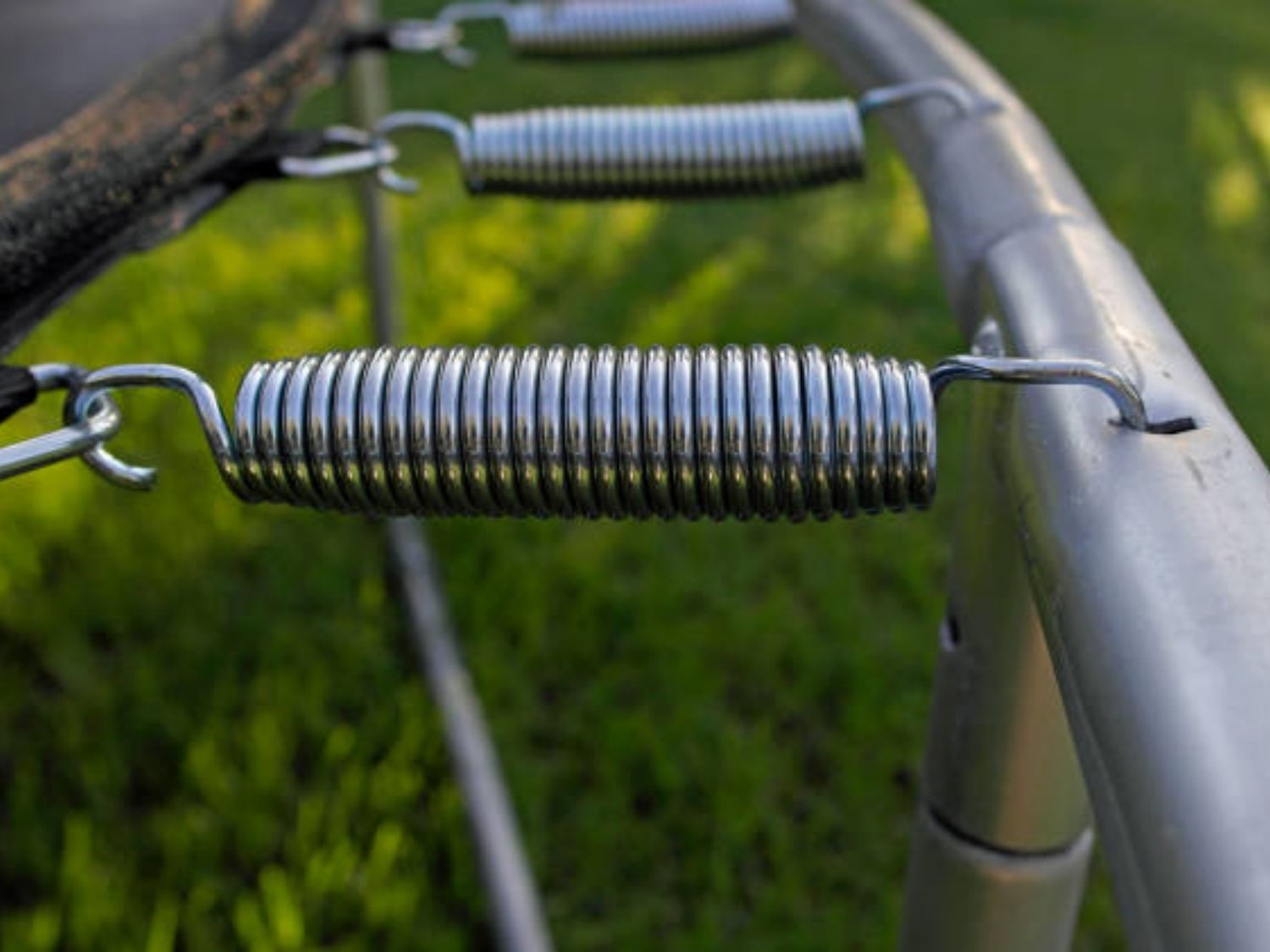Understanding the Role of tensioner pulley springs in Automotive Systems
Tensioner pulley springs are an essential component in automotive systems, helping to maintain proper belt tension and prevent slippage. These springs play a crucial role in ensuring the smooth operation of various engine components, such as the alternator, water pump, and power steering pump. In this article, we will explore the significance of tensioner pulley springs and discuss their importance in vehicle maintenance.
The Basics of Tensioner Pulley Springs
Tensioner pulley springs, as the name suggests, are responsible for applying tension to the belts in an automotive system. These springs are typically made of high-quality steel or other durable materials that can withstand the stresses and strains of daily vehicle operations. By maintaining the proper tension, tensioner pulley springs prevent belt slippage and ensure efficient power transfer to the associated engine components.
Preventing Belt Slippage with Tensioner Pulley Springs
One of the primary functions of tensioner pulley springs is to prevent belt slippage. When belts lose tension, they can slip, resulting in reduced power output and potential damage to engine components. Tensioner pulley springs apply the necessary force to keep the belts in place, ensuring that power is transmitted efficiently and reliably.
Ensuring Efficient Power Transfer
Tensioner pulley springs are crucial for maintaining efficient power transfer within the vehicle's engine. When belts are loose or improperly tensioned, power transmission from the engine to various components becomes less efficient. This can lead to decreased performance, increased fuel consumption, and even premature wear and tear on engine parts. By applying the correct amount of tension, tensioner pulley springs optimize power transfer and help to maximize the overall performance of the vehicle.
Reducing Vibrations and Noise
Another important function of tensioner pulley springs is to reduce vibrations and noise in the vehicle. When belts are loose, they may vibrate or produce unpleasant squeaking noises. Tensioner pulley springs ensure that the belts remain properly tensioned, minimizing vibrations and noise associated with belt slippage. This results in a smoother and quieter driving experience for the vehicle occupants.
Maintaining Belt Longevity
Tensioner pulley springs also contribute to the longevity of belts within the automotive system. When belts are under excessive tension or constantly slipping, they can wear out more quickly. By keeping the belts properly tensioned, tensioner pulley springs help to extend their lifespan, reducing the frequency of belt replacements and associated maintenance costs.
Preventing Costly Engine Damage
Failure to maintain proper tension in the belts can have severe consequences for the engine. If belts slip or break under load, the engine components they drive may be damaged. This can result in costly repairs and downtime. Tensioner pulley springs act as a safety measure, ensuring that the belts remain tensioned and reducing the risk of engine damage.
Regular Inspection and Maintenance
Given the critical role of tensioner pulley springs in vehicle performance and safety, regular inspection and maintenance are essential. During routine service intervals, it is advisable to check the condition and tension of the belts and the functionality of the tensioner pulley springs. Any signs of wear, damage, or improper tension should be addressed promptly to avoid potential issues.
Professional Assistance for Tensioner Pulley Spring Replacement
If the tensioner pulley springs show signs of wear or fail during inspection, it is important to seek professional assistance for replacement. Replacing tensioner pulley springs requires specialized tools and knowledge, and attempting to do it without proper expertise may result in further damage to the vehicle. Automotive technicians have the necessary skills to perform this task correctly, ensuring the optimal performance and safety of the vehicle.
Conclusion
Tensioner pulley springs are integral to the proper functioning of automotive systems, providing the necessary tension to prevent belt slippage and ensure efficient power transfer. By reducing vibrations and noise, maintaining belt longevity, and preventing costly engine damage, these springs play a vital role in vehicle maintenance. Regular inspection and maintenance, along with professional assistance for replacement when needed, are essential for keeping tensioner pulley springs in optimal condition. By understanding and appreciating the importance of tensioner pulley springs, vehicle owners can ensure the longevity and reliability of their vehicles.

